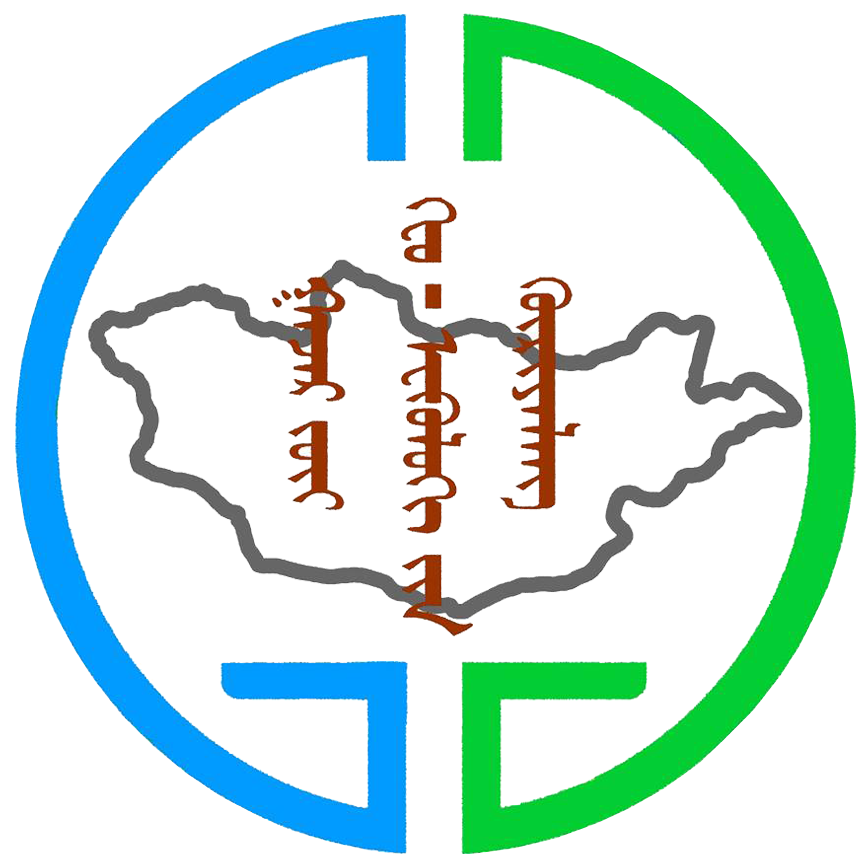The aim of this study was to develop a robust methodology to estimate pasture biomass across the huge land surface of Mongolia (1.56 × 106 km2) using high-resolution Landsat 8 satellite data calibrated against field-measured biomass samples. Two widely used regression models were compared and adopted for this study: Partial Least Squares (PLS) and Random Forest (RF). Both methods were trained to predict pasture biomass using a total of 17 spectral indices derived from Landsat 8 multi-temporal satellite imagery as predictor variables. For training, reference biomass data from a field survey of 553 sites were available. PLS results showed a satisfactory correlation between field measured and estimated biomass with coefficient of determination (R2) = 0.750 and Root Mean Square Error (RMSE) = 101.10 kg ha−1. The RF regression gave similar results with R2 = 0.764, RMSE = 98.00 kg ha−1. An examination of feature importance found the following vegetation indices to be the most relevant: Green Chlorophyll Index (CLgreen), Simple Ratio (SR), Wide Dynamic Range Vegetation Index (WDRVI), Enhanced Vegetation Index EVI1 and Normalized Difference Vegetation Index (NDVI) indices. With respect to the spectral reflectances, Red and Short Wavelength Infra-Red2 (SWIR2) bands showed the strongest correlation with biomass. Using the developed PLS models, a spatial map of pasture biomass covering Mongolia at a spatial resolution of 30 m was generated. Our study confirms the high potential of RF and PLS regression (PLSR) models to predict pasture biomass. The computationally simpler PLSR model is preferred for applications involving large regions. This method can be implemented easily, provided that sufficient reference data and cloud-free observations are available.
